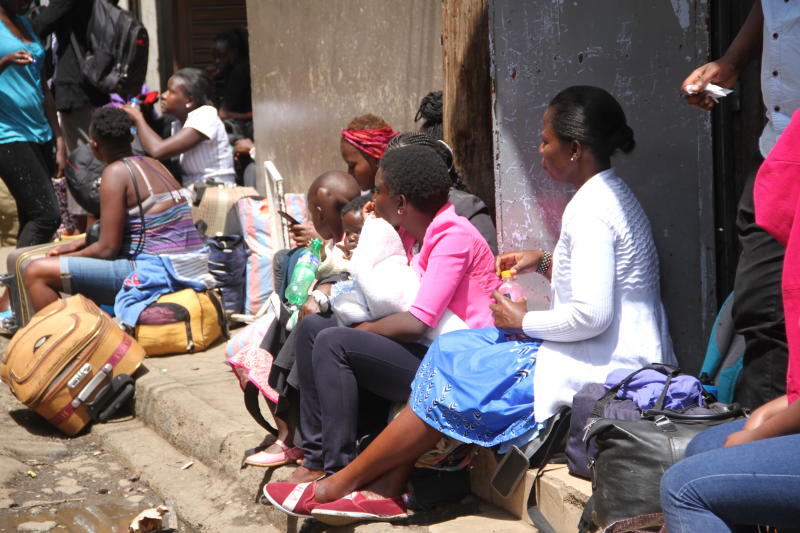×
The Standard e-Paper
Home To Bold Columnists

We are looking forward to the end of 2019 as a boring speaker on the stage.
We clap for his exit, yet he thinks it was because of his good speech. We would call 2019 the year of paradox. Floods apart, it was a wet year. By extension, we had muted inflation because of the good food supply.